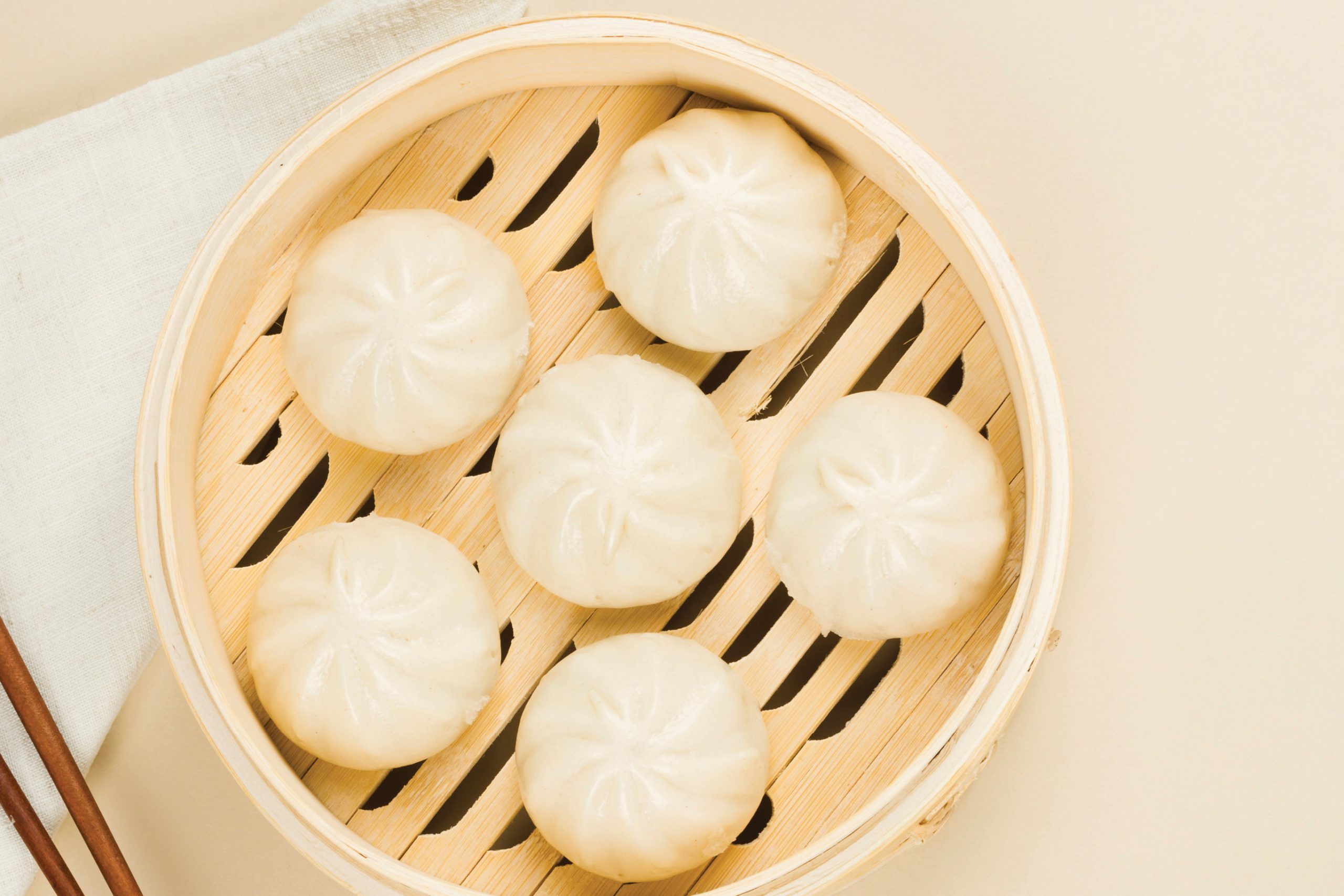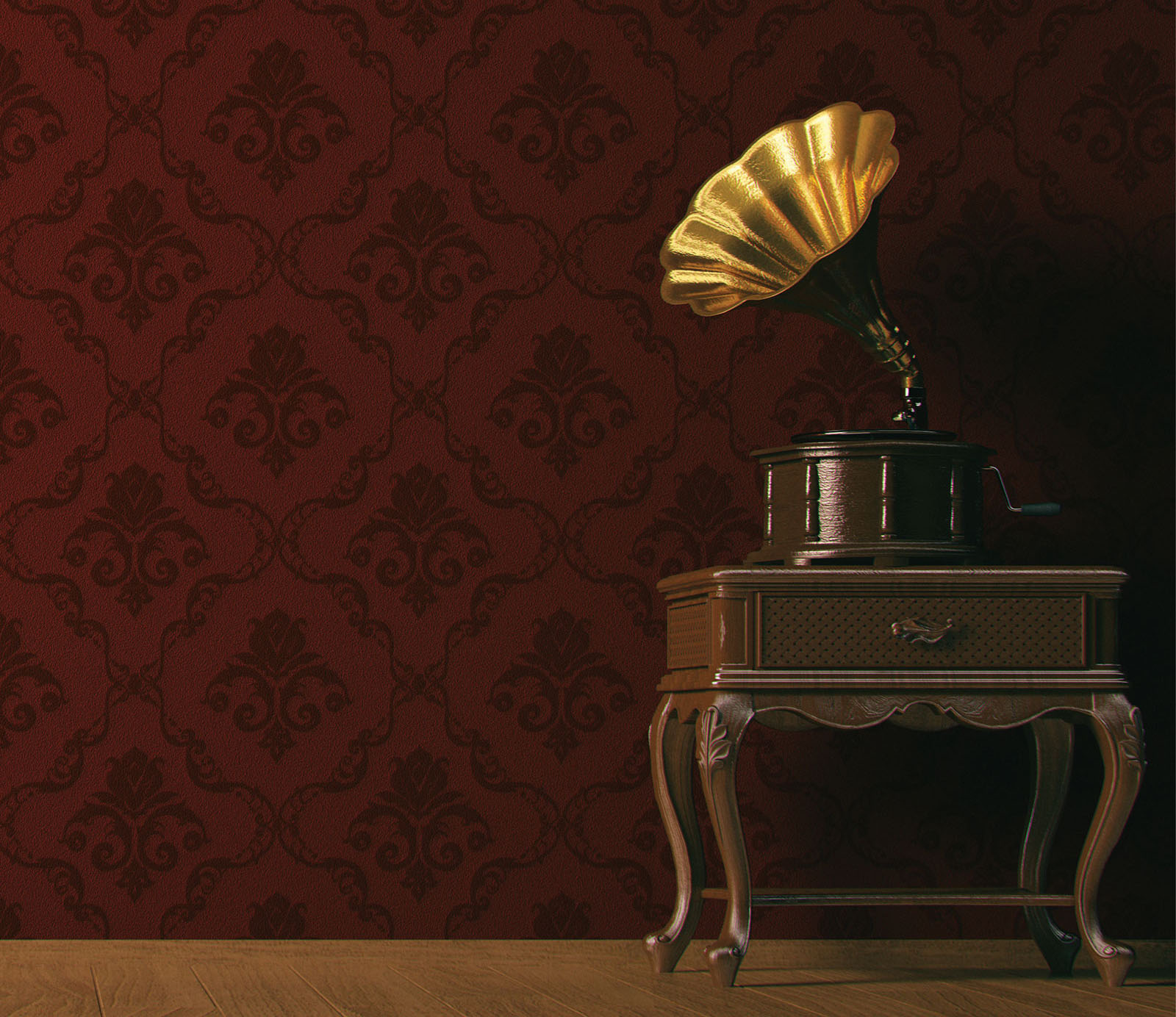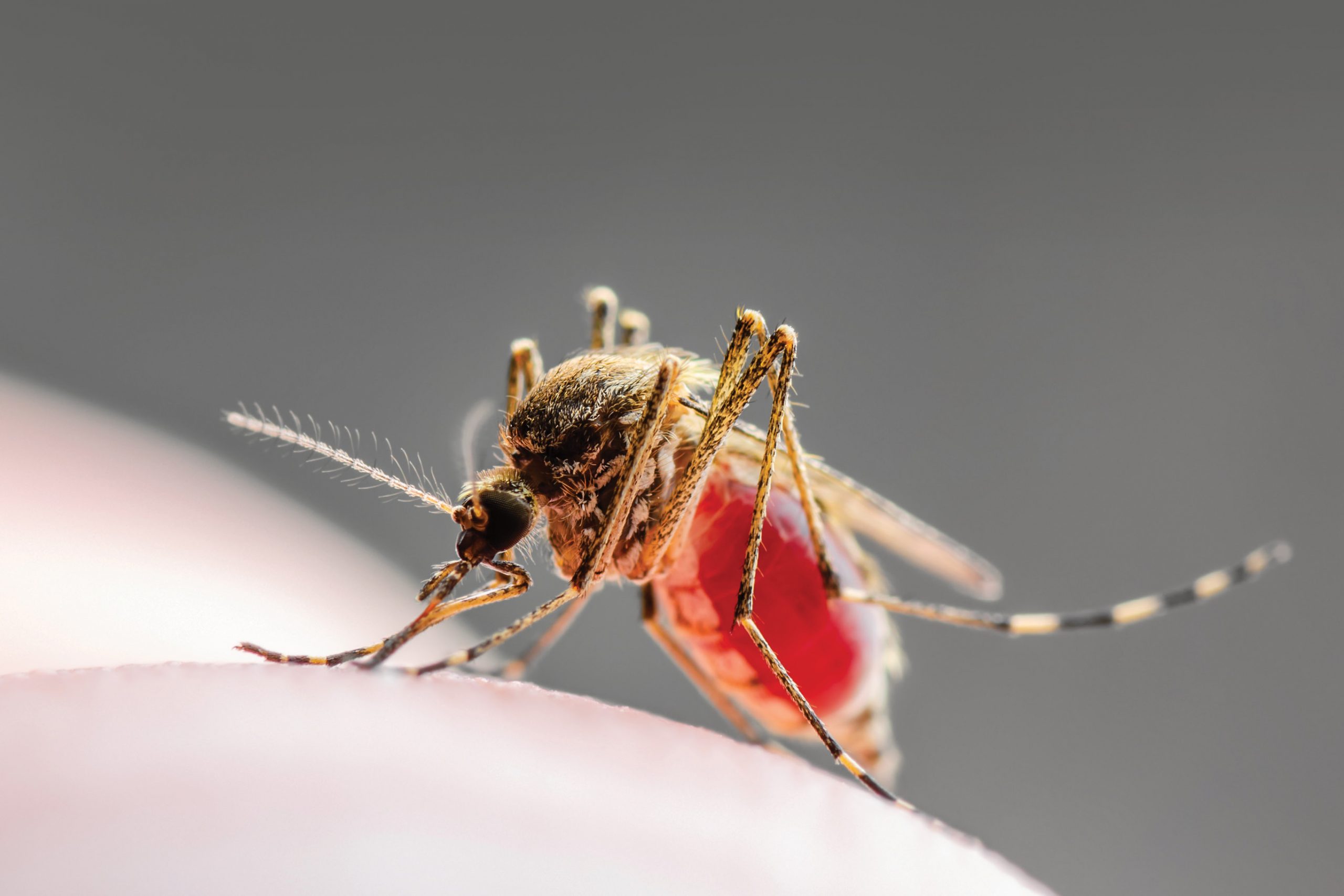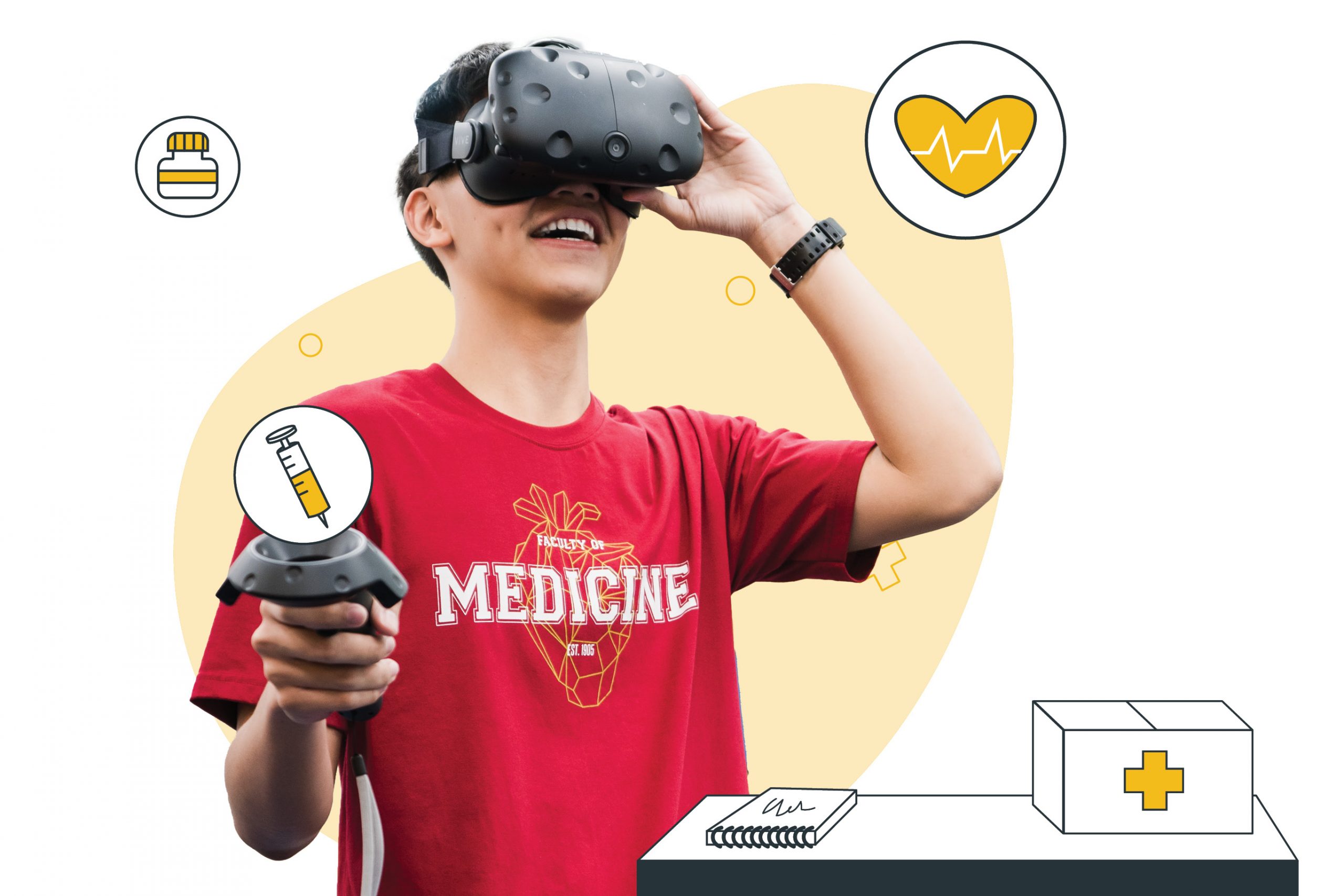
Issue 39 / August 2021
Insights
Knocking on Wood – Superstitions, Taboos and Meaning-making in Medicine

Years ago, when I was working in the Emergency Medicine Department (EMD), one of our colleagues returned from a trip to her hometown—Penang—with many types of “edible souvenirs”, including a type of Chinese flaky biscuit called “pong piah” from a famous shop near her neighbourhood. Everyone who tried it agreed it was indeed delicious. But after the shift turned out to be a crazy-busy one, everyone decided that “pong piah” would be banned from the EMD.
an a type of baked goods really influence how many patients turn up at the hospital? That does not seem scientific at all. But it may surprise you to learn that doctors can be as superstitious as anyone else, and before going on call, it is quite common to avoid certain foods or actions. In 2007, Dr Erle Lim and colleagues wrote about this phenomenon in the Annals of the Academy of Medicine Singapore, called “Take a Bao if You Are Not Superstitious”1.
In Western cultures, it would be more common to worry about Friday the 13th, but in Singapore it is the bao that has a bad reputation. Bao or steamed buns, are widely avoided because the word “bao” sounds like “to wrap”, a euphemism of having to perform last offices for a deceased patient. Meaning to say, if you ate bao, you might increase your chances of having more patients die during your shift.
This widely held belief was tested by Dr Tan Min-Han and his colleagues in a study published in 2008, aptly called “The Tao of Bao”2 which compared the effect of eating bao and its supposed results brought upon the night shift. I was actually working at Singapore General Hospital during the time the study was being conducted, and remember that I was typing up a consult when the study coordinator came into the Residents Room and handed a brown paper bag to the junior doctor who was beginning her on-call shift. She nervously peeped inside and heaved a sigh of relief—“yay, chocolate bar”.
So what was the result? Not surprisingly, there was no difference between the groups who were given bao versus another snack, on the hours spent in hospital, how much sleep the doctor got, or the number of admissions. The calls were equally “siong” (colloquial word for “taxing and busy”) and affording tired doctors just two hours’ sleep during a night call, no matter what you ate. But still the practice remains: after all, it’s better not to take risks and “jinx” the call.
So why are we so “unscientific” and superstitious?
There are no good answers to many difficult questions, but as human beings, we all need to make sense of our lives. When science has no answers, it should not be a surprise that we turn to rituals and traditions, superstitions and taboos. Anything that gives a sense of control over circumstances that are so daunting and unpredictable, must be better than nothing.
First, some definitions: Superstition means “a widely held but irrational belief in supernatural influences, especially leading to good or bad luck, or a practice based on such a belief”. A related term, taboo, is “a social or religious custom prohibiting or restricting a particular practice or forbidding association with a particular person, place, or thing.” In this part of the world we tend to use the Malay term ”pantang”.
From time memorial, human beings have sought to understand the world around them. Gradually, through observation and practice, our ancestors learnt about the cycle of the seasons, movement of the stars and moon and other natural phenomena, that enabled them to understand, predict and even harness these events to their advantage. Ancient peoples may not have known the scientific basis of the events, but they developed myths and legends, pantheons of gods, goddesses and other beings, as a way of explaining how the world worked.
But other phenomena and events are not so predictable, especially when it comes to natural disasters, illness, tragedies and other stressful, unpleasant and unfortunate experiences. Why did floods wash away my house and not my neighbour’s? Why, if the doctor said it was a one in a 1,000 chance, must I be the one to get it? Why was the night call so bad with so many ill patients admitted to the hospital?
There are no good answers to many of these difficult questions, but as human beings, we all need to make sense of our lives. When science has no answers, it should not be a surprise that we turn to rituals and traditions, superstitions and taboos. Anything that gives a sense of control over circumstances that are so daunting and unpredictable, must be better than nothing. Our heads may say that this is not logical, but better not take chances…
It is not our role to tell them how to think, feel or live their lives. It is however to help create space and opportunity for them to make their own meaning. How that “safe space of care” is created—through careful attention to the patient’s families and needs, physical and non-physical—and finding potential for growth and healing, is one of the defining attributes of palliative care.
In psychology, there is a concept called meaning-making, and refers to how we perceive and interpret what happens in our lives. Viktor Frankl, founder of logotherapy, was a psychiatrist who survived the horrors of the Holocaust, and whose work was very influential in this field. He described in his book, called “Man’s Search for Meaning”, that every human’s motivation is to discover meaning in life. He posited that it is possible to find meaning in every experience, even the most wretched and painful ones, and that the process of finding meaning could be enriching and positive.
For patients and families dealing with the challenges of serious illness and the prospect of dying and death, the need to have some understanding and control, to make sense of an awful situation, becomes even more pressing. How each person chooses to construe his situation is unique, and entirely dependent on individual experience, personal beliefs and cultural and spiritual context. One person may believe that his cancer was the result of black magic, another might blame secondary smoking, yet another view it as a punishment from God; that answer makes sense to that person. And that personal meaning then informs subsequent responses and coping approaches.
As Viktor Frankl had written:
Everything can be taken from a man but one thing: the last of the human freedoms—to choose one’s attitude in any given set of circumstances, to choose one’s own way.
When we are no longer able to change a situation, we are challenged to change ourselves.
Between stimulus and response there is a space. In that space is our power to choose our response. In our response lies our growth and our freedom.
Those of us in palliative care who hope to provide patient-centred care, and accompany and support patients and families along the illness journey, must be prepared to “go to where the patient is”, to try and understand that person in that context. It is not our role to tell them how to think, feel or live their lives. It is however to help create space and opportunity for them to make their own meaning. How that “safe space of care” is created—through careful attention to the patient’s families and needs, physical and non-physical—and finding potential for growth and healing, is one of the defining attributes of palliative care.
Serious illness, suffering, dying and death can be frightening and disempowering, making it easy to feel helpless and swept along like one has no control. But we always have control, though it’s not over these issues.
Superstition
by Stevie Wonder (1972)
Very superstitious,
Writing’s on the wall,
Very superstitious,
Ladders bout’ to fall,
Thirteen month old baby,
Broke the lookin’ glass
Seven years of bad luck,
The good things in your past
When you believe in things
That you don’t understand,
Then you suffer,
Superstition ain’t the way
Hey
Very superstitious,
Wash your face and hands,
Rid me of the problem,
Do all that you can,
Keep me in a daydream,
Keep me goin’ strong,
You don’t wanna save me,
Sad is the soul
When you believe in things
That you don’t understand,
Then you suffer,
Superstition ain’t the way,
Yeh, yeh
Very superstitious,
Nothin’ more to say,
Very superstitious,
The devil’s on his way,
Thirteen month old baby,
Broke the lookin’ glass,
Seven years of bad luck,
Good things in your past
When you believe in things
That you don’t understand,
Then you suffer,
Superstition ain’t the way,
No, no, no





